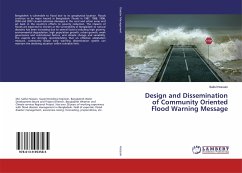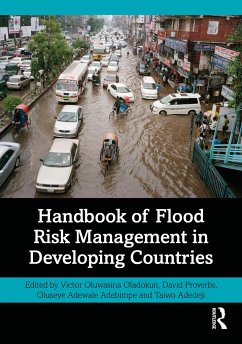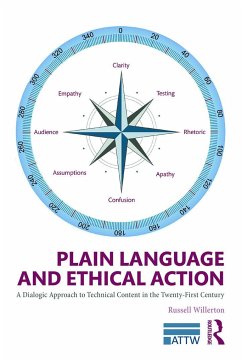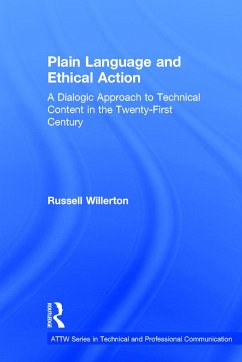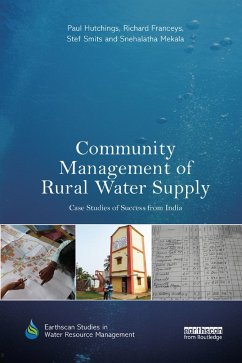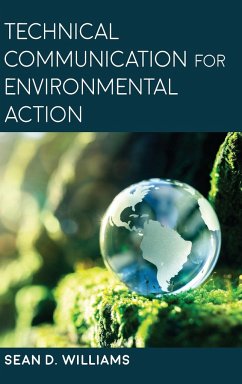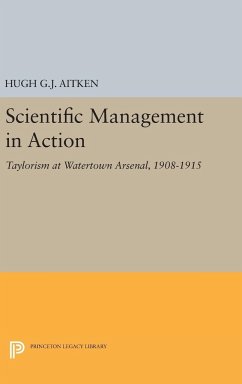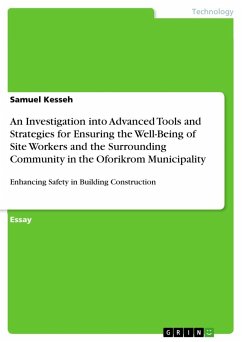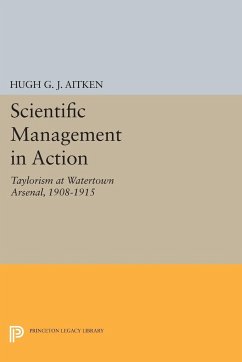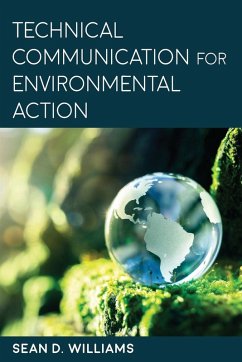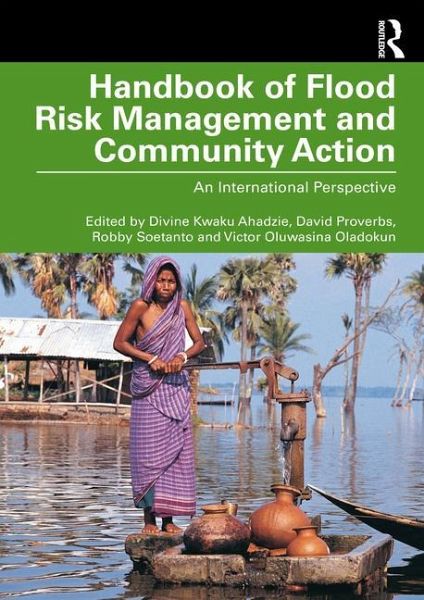
Handbook of Flood Risk Management and Community Action
An International Perspective
Herausgeber: Ahadzie, Divine Kwaku; Soetanto, Robby; Proverbs, David
Versandkostenfrei!
Versandfertig in 1-2 Wochen
193,99 €
inkl. MwSt.
Weitere Ausgaben:

PAYBACK Punkte
97 °P sammeln!
This handbook emphasizes the need for community action as part of an integrated flood risk management approach, highlighting case studies that have made positive impacts, resulting in resilience-enhancing actions which can improve global community understanding.





